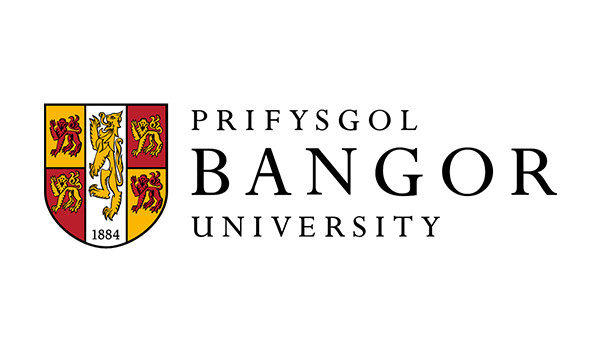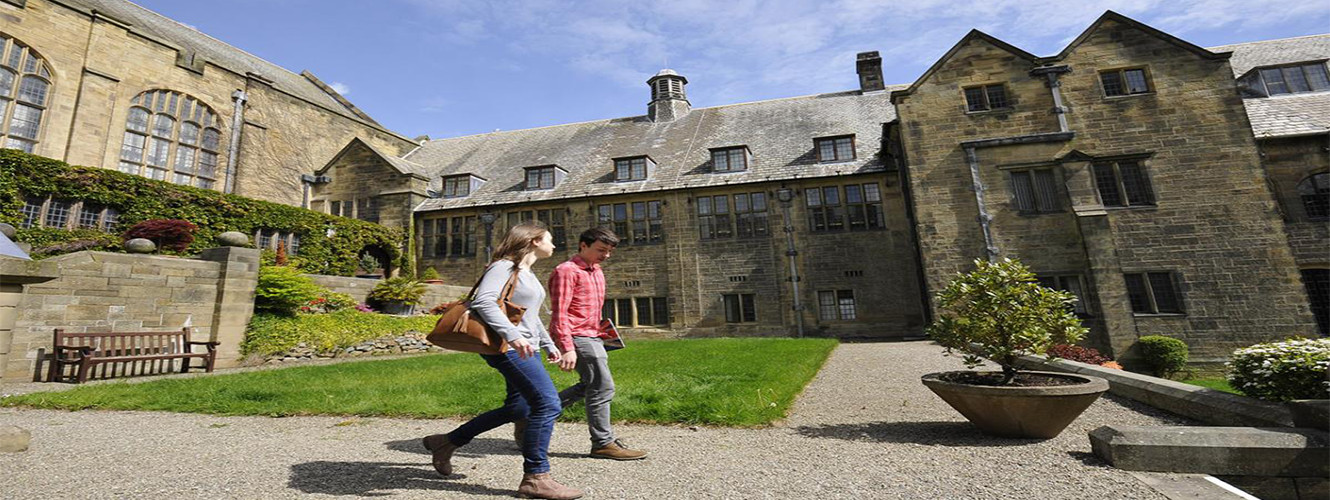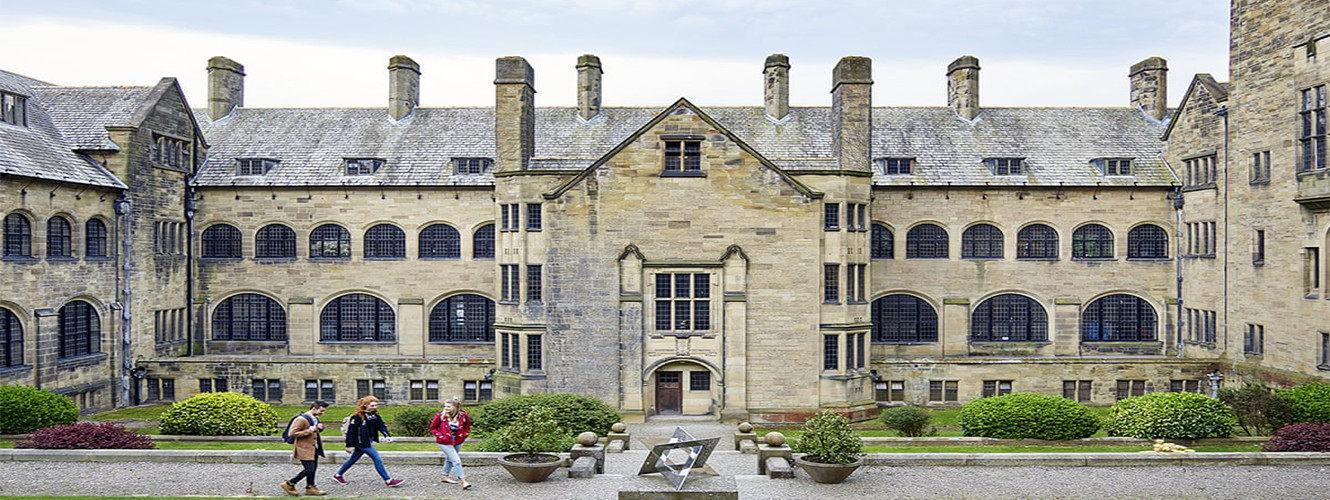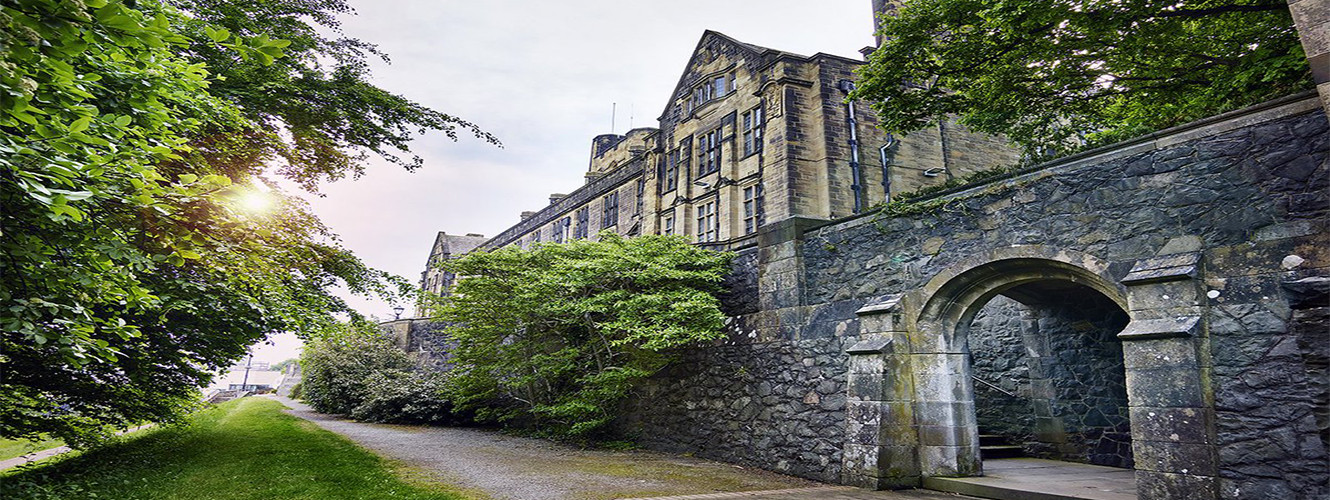UK120 BA Medieval and Early Modern History Bangor University
-
THÔNG TIN CHUNG
The course gives you the opportunity to study the pre-modern period (before 1750) in Europe, Britain and Wales in detail. This is a period that sees the fall of Rome but the continuation of its legacy, particularly in the form of the Church; invasions by Arabs, Magyars, Vikings, and Ottomans; the Crusades; the birth of the universities; the Renaissance; the Reformation; and the development of modern nation states and forms of government.
Of course, although you will specialize in the medieval and early-modern periods, you will still enjoy all the interest, stimulation and experience of a History degree. History remains one of the most popular degree subjects in the UK. It has an established range of concerns, but it is always expanding and changing as it responds to new themes or ideas raised by other disciplines. It is also a very practical subject, and during your degree you will develop various transferable skills that employers value highly. Surveys consistently indicate that History graduates obtain employment more rapidly than graduates in many apparently more 'vocational' subjects.
When making your decision about what you might want to study at Bangor, you should bear in mind that you could choose to read for a degree not only in History but also in Welsh History; History with Archaeology; Heritage, Archaeology and History; History with Journalism; History with Film Studies; and joint degrees including History such as History and English.
-
CƠ HỘI NGHỀ NGHIỆP
Internships
Bangor University runs a paid internship scheme within the university’s academic and service departments.
Career
This course provides specialist knowledge and a range of analytical and presentational skills which will enable you to tackle a variety of career options centring on administrative and leadership needs, for example, in company personnel departments, the civil service and local government as well as in a range of directly transferable vocations. Graduates have in recent years gained careers in museum work, law, teaching and the cultural industries
By studying for a degree in course you will acquire a wide range of transferable skills, be they academic or personal. History graduates are desirable employees due to the variety of skills they develop during the course of their degree. These transferable skills include:
- An ability to review critically the literature and formulate logical and structured arguments
- An ability to make effective oral presentations
- The development of writing and editorial skills
- An appreciation of the complexity and diversity of situations, events and past mentalities
- Experience gained from carrying out and completing a major research project in the third year – the dissertation
- Good IT skills
- Time management skills
These transferable skills are fundamental to other employment sectors, such as the public sector, teaching, tourism, law, accountancy and management.
- ĐIỀU KIỆN ĐẦU VÀO
- ĐIỀU KIỆN NGÔN NGỮ
- HỌC BỔNG
- ĐỊA ĐIỂM
Tóm tắt
-
Phí ghi danh
0
-
Độ dài khoá học
3 năm
-
Kỳ nhập học
Tháng 9
Phí Cơ Bản
-
Loại Tiền
-
Học Phí
Trên năm -
Phí Sinh Hoạt
Trên năm -
Tổng






